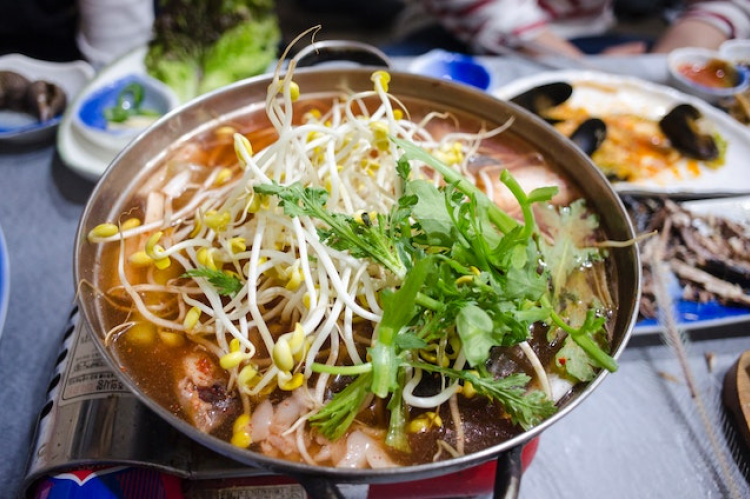5 unknown foods with great medicinal power
There are many relatively unknown foods that can give us that plus that our health needs. Incorporate them into your diet to give your health a natural boost.
Beetroot sprouts
Showy sprouts with a slightly earthy flavor are obtained from beets. Not only are they very decorative in recipes, but they also enrich them with all the nutrients of the plant at its most vital moment. You can add them to salads and sandwiches or use them to decorate your vegetable burgers, toasts or stir-fries.
A great anti-cancer food thanks to its biochanin A content and a powerful ally for asthmatics, who can benefit from its high vitamin C content. Its high content of beta-carotene and antioxidants helps protect the eyes from the formation of cataracts and macular degeneration.
In addition, beets are an excellent source of folic acid, a very useful food for women who are pregnant or trying to get pregnant.
And remember: you can your own sprouts at home.
Mung beans
Mung bean, somewhat sweet in flavor, is green on the outside and yellow on the inside. The popular bean sprouts are obtained from it, and not from soybeans.
It is the second richest legume in protein after soybeans, with between 25 and 30 grams of protein per 100. Perhaps that is why it is also known as green soybeans.
Its abundant fiber, 16 grams per 100, helps regulate intestinal transit and cholesterol. It is rich in B vitamins and minerals such as phosphorus, magnesium, iron and manganese.
Sauerkraut
Sauerkraut is made by letting the cabbage ferment in its own juices after adding a little salt. In addition to the benefts of cabbage, with its vitamin C and anti-cancer compounds, sauerkraut develops during fermentation bacteria that help balance of the microbiota or intestinal flora.
As with the sprouts, the fermented ones also you can make them at home.
Daikon radish
The large white daikon or Japanese radish is a talisman in oriental and macrobiotic cooking. It is rich in vitamin C and, like cabbages and other radishes, contains sulfur compounds thathelp protect against cancer.
In addition, traditional Chinese medicine considers it cleansing and digestive, indicated to cleanse the lungs. Its diuretic action, its antioxidants and its enzymes support these properties. It is used raw, cooked and even dehydrated.
Brazil nuts
The coquitos or Brazil nuts are the fruit of an impressive Amazonian tree. In addition to constituting a tasty and energetic snack, they can be used in pastries and to enrich salads, rice dishes, vegetables and mueslis.
Like other nuts they provide vegetable protein (14.3%) and fiber (5.4%), but above all fat (66%), mainly mono and polyunsaturated, those considered to be the most heart-healthy.
Your wealth in selenium en unusual in vegetables: two walnuts a day (10 g) increase the presence in the blood of this antioxidant mineral, essential for male fertility and defenses. In addition, Brazil nuts are a food indicated against headaches.









